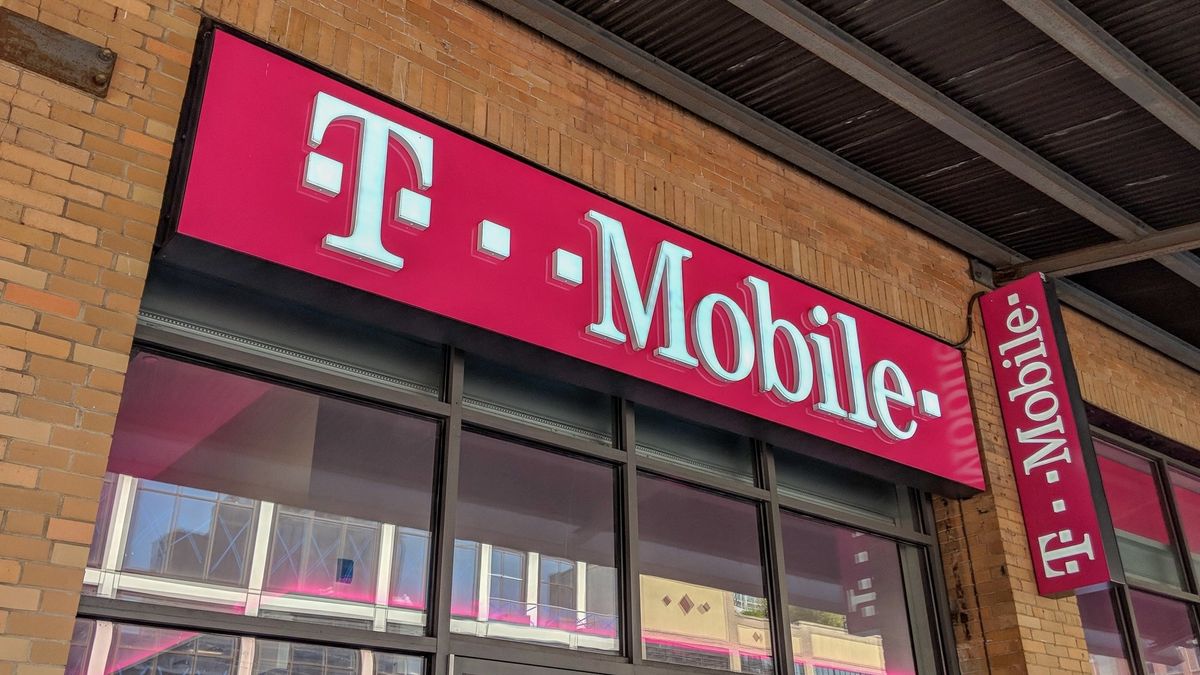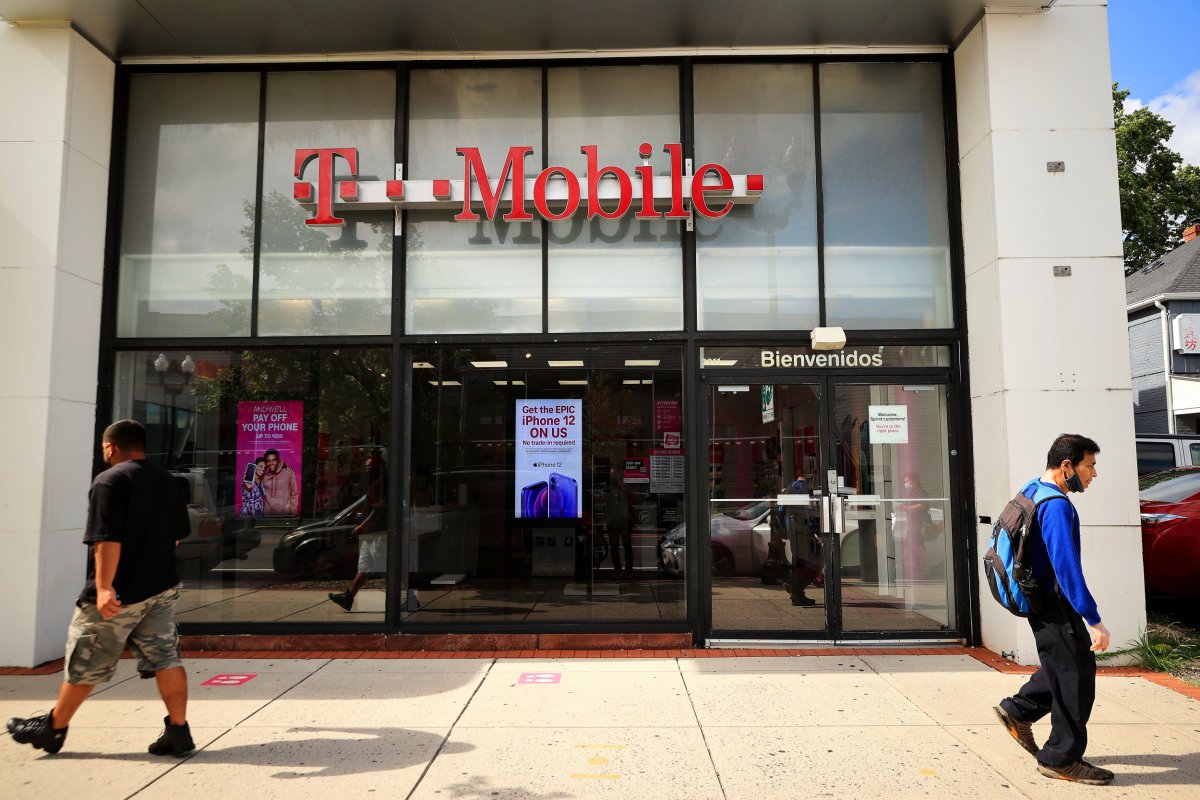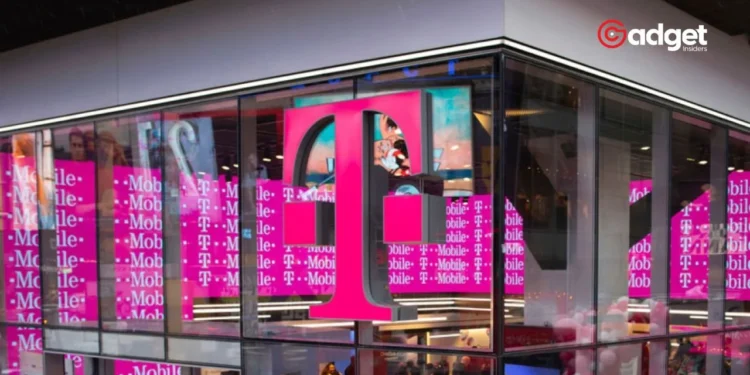Since the contentious $26 billion merger between T-Mobile and Sprint that reshaped the U.S. wireless landscape between 2018 and 2020, T-Mobile has been embroiled in legal battles that show no signs of abating.
The merger, which saw the fusion of the nation’s third and fourth-largest mobile network operators, faced fierce opposition from competitors, market analysts, and lawmakers. Despite approval, many critics continue to argue that the merger was detrimental to American consumers, a stance that has garnered support from subsequent independent reports.

A New Twist in T-Mobile’s Legal Challenges
In a surprising turn of events, company now faces a class-action lawsuit brought not by competitors or regulators, but by a collective of Verizon and AT&T subscribers. These consumers allege that the merger reduced market competition, leading to higher prices for mobile services, and they are now seeking financial compensation. This lawsuit, initially viewed as a long shot, has gained traction after a small victory T-Mobile celebrated over its rivals was reversed by the U.S. Court of Appeals for the Seventh Circuit.
The Core of the Controversy: Pricing and Competition
The class-action suit accuses T-Mobile of causing a price increase in the mobile market post-merger—a claim T-Mobile and its competitors naturally dispute. The plaintiffs argue that the decreased competition in the market allowed remaining players to hike their prices, affecting millions of U.S. consumers.

Legal Perspectives and the Road Ahead
While T-Mobile has managed to fend off some challenges, the denial of their interlocutory appeal has paved the way for this case to proceed to trial in front of a Chicago jury. Legal experts suggest that the plaintiffs face a steep uphill battle in proving direct causation between the merger and increased prices, especially since both Verizon and AT&T, who are not formally part of this lawsuit, have also raised their service prices independently.
Broader Implications for the Wireless Industry
This lawsuit not only challenges T-Mobile but also casts a spotlight on the pricing strategies of the major U.S. wireless providers. With allegations suggesting that AT&T and Verizon indirectly benefited from the reduced competition, the outcome of this case could have significant implications for the industry’s regulatory and competitive landscape.
The Bigger Picture: Job Cuts and Advertising Practices
Beyond the merger’s impact on pricing, T-Mobile is also scrutinized for substantial job cuts post-merger, contradicting promises made during the merger negotiations that employment would be stable. Furthermore, the company, along with Verizon and AT&T, faces accusations of deceptive advertising practices, adding another layer of complexity to its ongoing legal challenges.

Conclusion: A Prolonged Battle with High Stakes
As T-Mobile braces for a prolonged legal battle, the stakes are incredibly high, not just in terms of potential financial penalties but also in terms of public perception and regulatory oversight. The unfolding courtroom drama will be closely watched by industry insiders and consumers alike, as it will undoubtedly influence future mergers and business practices in the highly competitive telecom sector.










